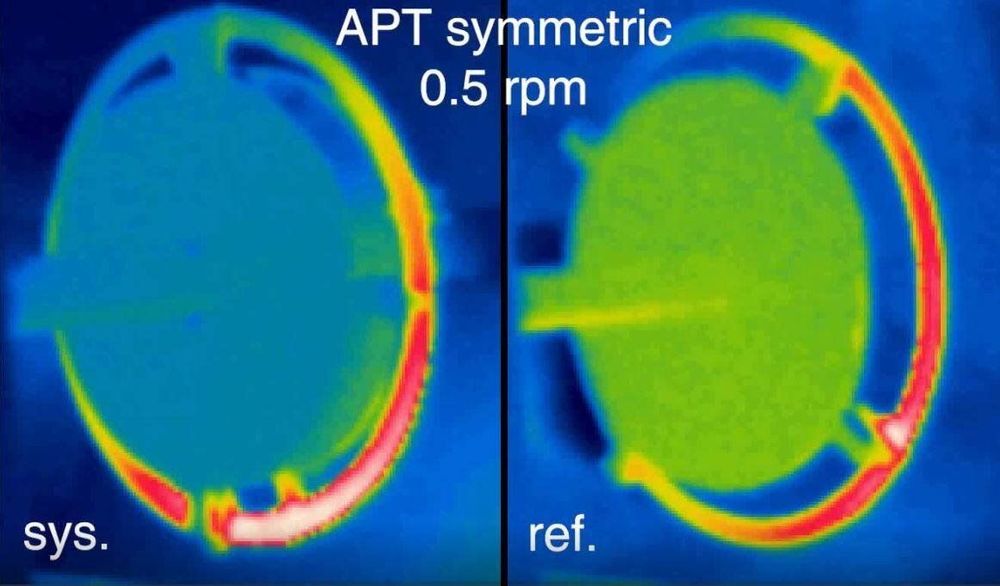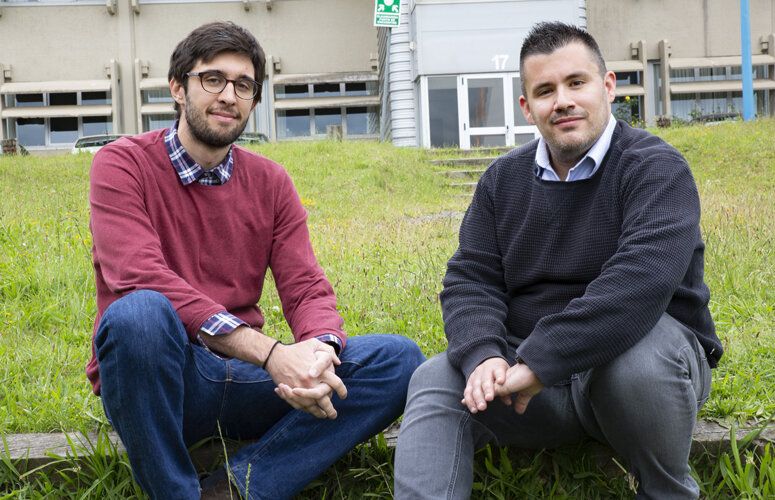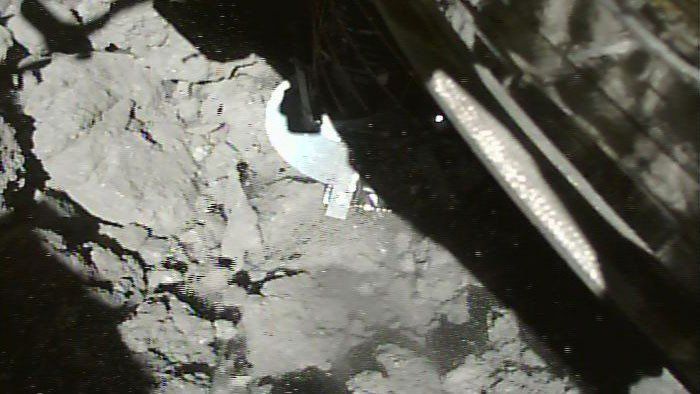Jul 11, 2019
At Last, AI beats professionals in six-player poker
Posted by Quinn Sena in category: robotics/AI
An artificial intelligence program developed by Carnegie Mellon University in collaboration with Facebook AI has defeated leading professionals in six-player no-limit Texas hold’em poker, the world’s most popular form of poker.
The AI, called Pluribus, defeated poker professional Darren Elias, who holds the record for most World Poker Tour titles, and Chris “Jesus” Ferguson, winner of six World Series of Poker events. Each pro separately played 5,000 hands of poker against five copies of Pluribus.
In another experiment involving 13 pros, all of whom have won more than $1 million playing poker, Pluribus played five pros at a time for a total of 10,000 hands and again emerged victorious.


















